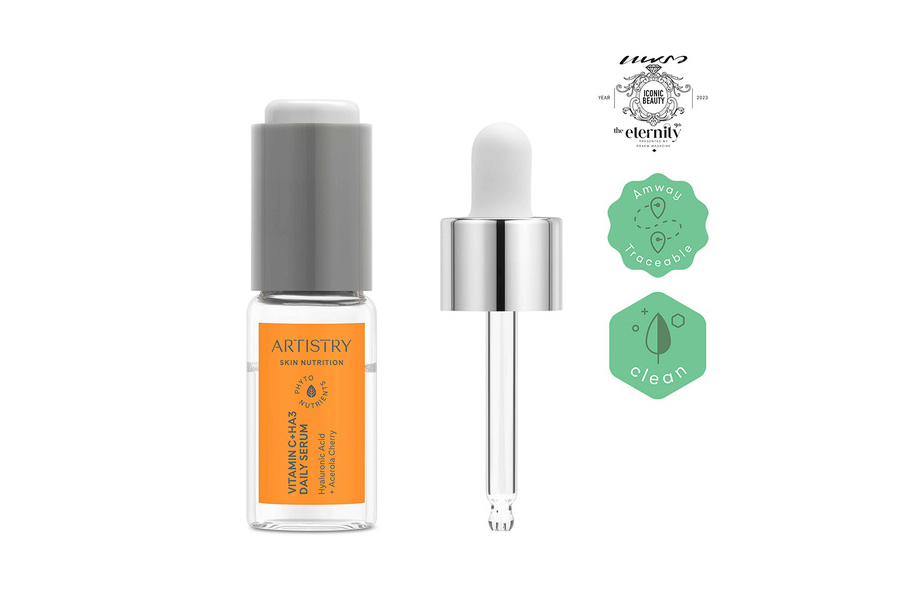Choosing the right serum for your skin can make a significant difference in your skincare routine. Serums are formulated to target specific skin concerns, and with the plethora of options available, it can be daunting to select the best one. Here are some expert tips and top recommendations to help you find which serum is good for your skin.
Understanding Your Skin Type
Before diving into serum recommendations, it’s crucial to understand your skin type. Serums are designed to address various skin issues, from dryness to acne, and knowing your skin type ensures you choose a product that complements your skin’s needs.
Dry Skin
For those with dry skin, hydrating serums are a must. Look for serums containing hyaluronic acid, glycerin, or ceramides. These ingredients help to lock in moisture and keep your skin hydrated throughout the day.
Top Recommendation:
Hyaluronic Acid Serum:
Known for its ability to hold up to 1000 times its weight in water, hyaluronic acid is a powerhouse for dry skin. It penetrates deep into the skin, providing lasting hydration.
Oily Skin
If you have oily skin, opt for serums that balance oil production and minimize pores. Ingredients like salicylic acid, niacinamide, and retinol are excellent for controlling oil and preventing breakouts.
Top Recommendation:
Niacinamide Serum:
Niacinamide, also known as vitamin B3, helps regulate oil production, reduce pore size, and improve overall skin texture.
Sensitive Skin
Sensitive skin requires gentle, soothing ingredients to avoid irritation. Serums with calming ingredients like chamomile, aloe vera, and green tea extract are ideal.
Top Recommendation:
Aloe Vera Serum:
Aloe vera is renowned for its soothing and anti-inflammatory properties, making it perfect for sensitive skin.
Combination Skin
Combination skin needs a balanced approach. Serums with a mix of hydrating and oil-controlling ingredients work best. Look for products that contain a combination of hyaluronic acid and niacinamide.
Top Recommendation:
Dual-Action Serum:
A serum that offers both hydration and oil control, ensuring balanced skin without over-drying or causing excess oil.
Targeting Specific Skin Concerns
In addition to skin type, consider any specific concerns you want to address with your serum.
Anti-Ageing
For anti-ageing benefits, serums with antioxidants, peptides, and retinoids are highly effective. These ingredients help to reduce wrinkles and fine lines and improve skin elasticity.
Top Recommendation:
Retinol Serum:
Retinol is a derivative of vitamin A, known for its ability to accelerate cell turnover and boost collagen production.
Brightening
To brighten dull skin and reduce hyperpigmentation, look for serums with vitamin C, alpha arbutin, and liquorice root extract.
Top Recommendation:
Vitamin C Serum:
Vitamin C is a potent antioxidant that brightens the skin, evens out skin tone, and protects against environmental damage.
Acne-Prone Skin
For acne-prone skin, focus on serums with salicylic acid, tea tree oil, and benzoyl peroxide. These ingredients help to unclog pores and reduce inflammation.
Top Recommendation:
Salicylic Acid Serum:
Salicylic acid penetrates deep into the pores, effectively treating and preventing acne.
Conclusion
Choosing which serum is good (เซ รั่ ม ตัว ไหน ดี, which is the term in Thai) for your skin depends on understanding your skin type and specific concerns. With the right serum, you can achieve a healthier, more radiant complexion. Remember to patch-test new products and introduce them gradually into your skincare routine to ensure compatibility.
















Leave a Reply